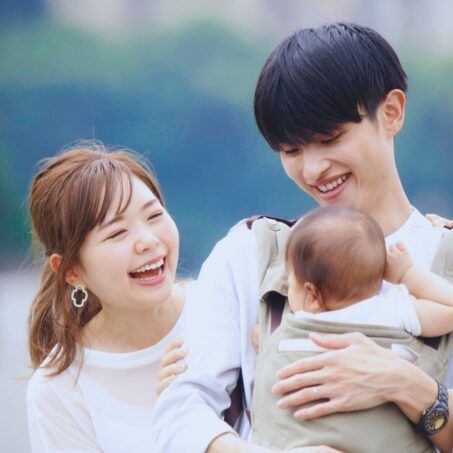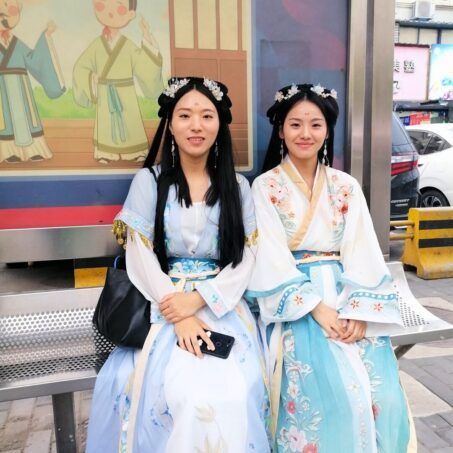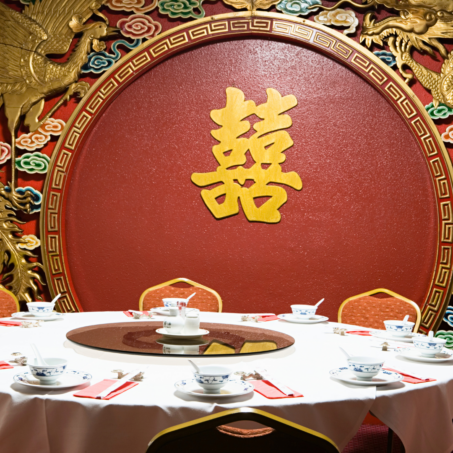A rookie mistake to make when visiting another country is to assume that its culture has the same etiquette and habits as your own. This can lead to unintentional and embarrassing moments.
To prepare you and save you from blushes during your next trip East, here are eight common Chinese etiquette rules that you might encounter.
1. Slurping is OK
You might get some pointed stares at a restaurant in the West for a noisy soup-slurping session, but it’s perfectly normal and natural in the East, including in Chinese culture. In fact, some consider it an efficient way to enjoy soup and noodles, because the air sucked in along with the food helps to cool it down and enhances flavour.
2. Refiling others’ cups before your own
Whether it’s beer, baijiu or tea, it’s considered good manners to fill someone else’s cup before your own – particularly if you’re a host, they’re older than you, or have a higher position in a business. It’s also polite to keep an eye on their glass so you can keep topping it up, making sure it doesn’t go dry (unless someone toasts by declaring 干杯 gānbēi, ‘dry cup’, of course).
3. Tapping on the table
It’s said that Emperor Qian Long of the Qing Dynasty enjoyed travelling undercover as a commoner to observe his subjects, and one day visited a tea shop with his servants. When he poured a servant some tea, instead of bowing (which would have blown the Emperor’s cover), the servant showed his gratitude by tapping three fingers on the table. To this day, it’s still a way of saying thanks when someone pours you a cuppa.
4. Wait to be seated
During a meal in the West, unless at an extremely formal event like a wedding, it’s usually up to the guests to choose their seats. But in Chinese culture during formal gatherings, seating placements often depend on social hierarchy – for example, the host at the head, the guest of honour on their right-hand side, and the second most important guest on the host’s left.
5. No tips
Tipping in China (and in many Eastern and South-Eastern countries) is uncommon. In fact, it can be considered a little rude or embarrassing in some cases, as it could imply the recipient needs extra money.
6. Personal questions aren’t necessarily personal
In the West, it’s an unspoken rule to not talk about certain topics unless you’re close to someone. But in China, you could be asked about your salary, age, marital status and job by anyone. But it’s seldom intended to be invasive – although they can be considered personal in Western culture, in China it’s more about making conversation and finding common ground.
7. Taking off your shoes before entering the house
To keep the floors of homes clean, it’s common to take your shoes off at the entrance and switch to house slippers inside. This is another etiquette that’s found in other Asian countries, but it’s also not uncommon in some European households too.
8. Using ‘uncle’ and ‘auntie’ to address elderly strangers
Respecting your elders in China is very important. And it’s not unusual to address older non-relatives as 叔叔 ‘shūshu’ (uncle) and 阿姨 ‘āyí’ (auntie) – both out of respect and as terms of endearment. In some cases, people will also call unrelated friends and strangers 妹妹 ‘mèimei’ (little sister), 哥哥 ‘gēge’ (big brother) etc. too.
Ready to take your Mandarin-learning adventure to China or Taiwan? Check out our homestay learning programmes here.





